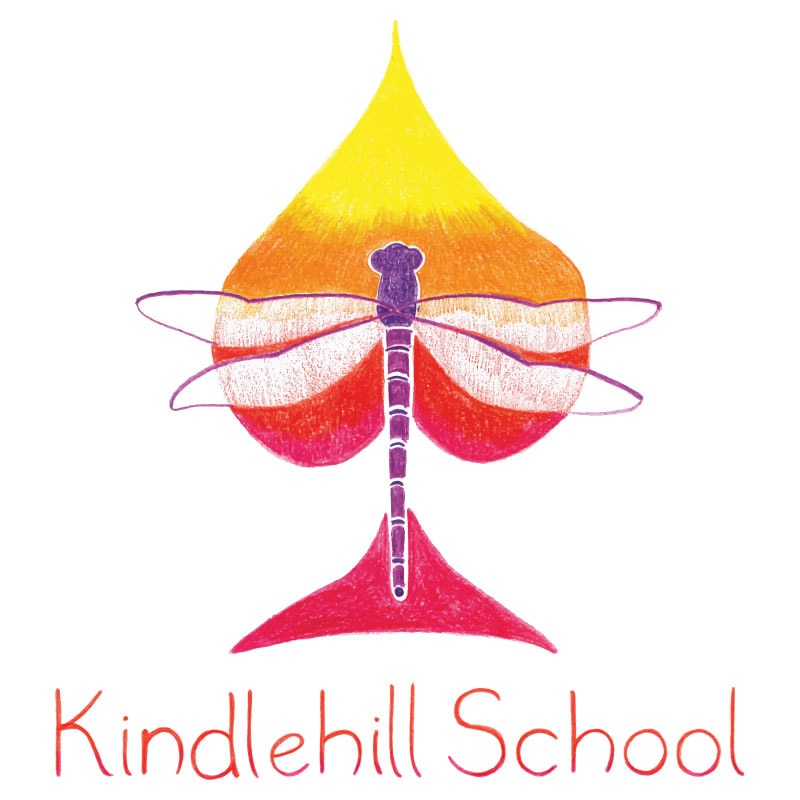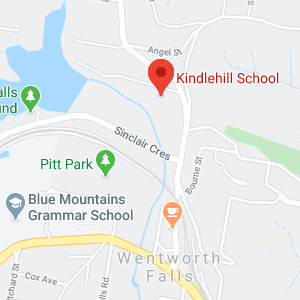Compiled by Lynn Daniel, High School Coordinator
The tidal wave of technology is an exciting but daunting challenge facing every school and family in our community. I recently attended a conference for Steiner schools at Lorien Novalis, where schools around Australia (and overseas via Skype), shared insights, approaches and concerns in regard to information communication technology (ICT). For me in particular, it was an opportunity to hear how other schools had integrated ICT into the context of Steiner education; and to explore approaches and decisions relevant to our own school.
As students progress to high school, they are supported in finding an empathic and deep interest in the world, and to being more consciously engaged in ever widening spheres of life. It is now, in the high school, that students will have opportunities to apply their creativity and enthusiasm in developing competencies with ICT, which is so much a part of the world they are growing into.In the Steiner approach, the “unplugged” experience provides the foundation of a dynamic and life imbued education for children. In kindy and primary school, technologies that support dexterous fingers, skilful manipulations that stimulate the neural pathways in our brain, as well as forming a valuable sense of self efficacy (I am resourceful, I can build, shape and create, I can contribute) are essential. Handcrafts (spinning, weaving, knitting, crochet and stitching), woodcarving, leatherwork, clay, cooking, gardening, are examples of the invaluable experiences in technology appropriate to these stages of child development. These experiences also connect the students with others and with the environment; and they fuel the artist and socially responsive being that lives within each of us.
As a Steiner school, we are committed to supporting the spiritual, ethical, intellectual, emotional and physical well being of our students. We extend this concern for well being, to the wider spheres of the environment and the people of our community, locally and globally. In integrating ICT into our school, our intention is to be mindful that we make choices that enrich and align with these goals. In the field of ICT, we want ethical and respectful values to underlie the development of knowledge and competencies.
This term, the high school class (year 7/8) visited Lorien Novalis in Dural across a three week period. Due to the hospitality of Lorien, we were able to stay over two nights each week in a classroom and make use of their canteen/kitchen facilities. Our very full programme included chemistry lessons, an introduction to computing (a broad experience of tools across the educational spectrum), and visual art lessons. We also connected with the year 8 class at Lorien for lunchtime games and conversations. During our ICT classes we were introduced to the tools and competencies that will be developed over the high school years across the curriculum. The compact introduction to computers worked well, tasks were defined and focussed; and access to internet and applications was supervised and guided. Time spent with ICT was also balanced by the artistic and social aspects of our day.
In conclusion, ICT comes with challenges and potential pitfalls. This generation of children are apparently the most sedentary ever, a lot of their socialising when they reach teenage years is through social media, many of them would be plugged in from waking to sleeping when left to their own discretion. It is salient to be mindful that powerful technologies can overwhelm the personal and social lives of our young people. The technologies are exciting and can be used in wonderful ways but they also can also have negative and destructive consequences. It is up to schools and parents, hopefully working together, to guide and support our young people as they engage with these technologies. We need to make conscious choices about how we guide them into the world in all spheres of their lives, including information communication technology. To do this, we have to understand and find ways to harness the tsunami of technology, for the good of our children and our world. In my view, the “unplugged” experiences that we provide in and out of the classroom, will provide the balance and enrichment that ensures a dynamic and life imbued education, right through the student years.

Kindlehill School is a K-10 Steiner School that sits on a hill above the Wentworth Falls Lake, in the Blue Mountains, NSW. We are an independant school working creatively and in a contemporary way, out of the foundation of Rudolf Steiner’s philosophy for education.


